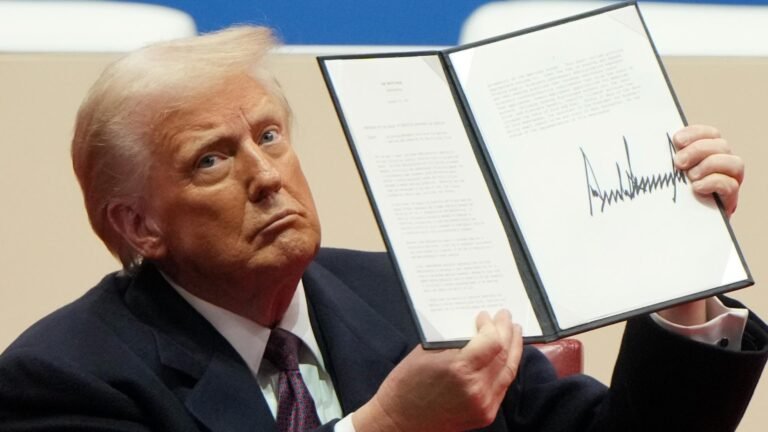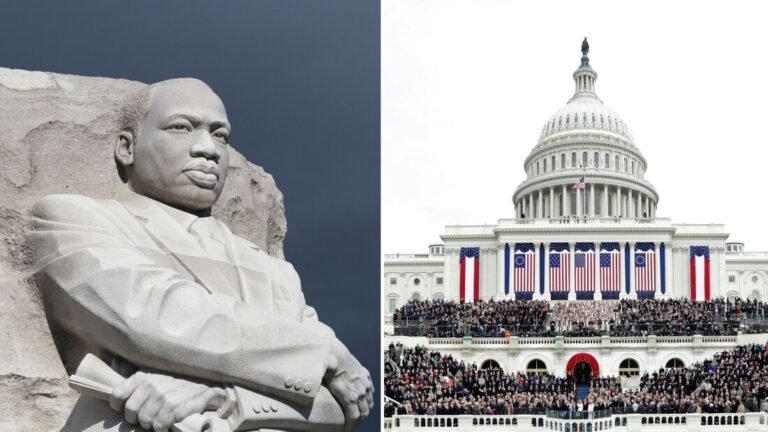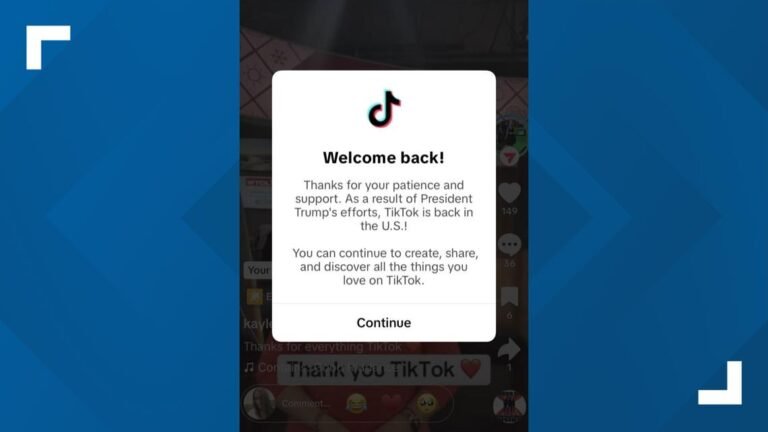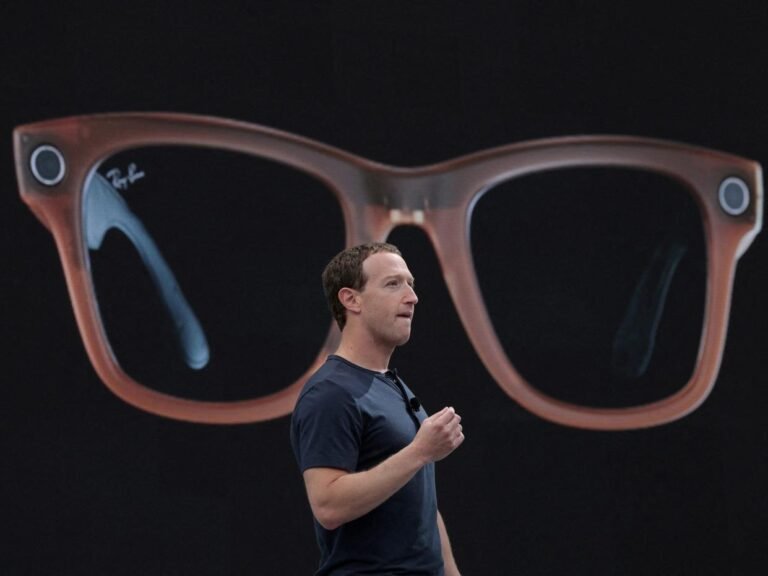
Trump's EV and Tariff Plans Add Complexity to Auto Industry's Future
DETROIT, MI — The U.S. auto industry, still reeling from the pandemic’s disruptions and shifting market dynamics, faces heightened uncertainty as the incoming Trump administration signals a potential overhaul of federal electric vehicle (EV) policies and a return to aggressive trade tariffs. These developments arrive as automakers grapple with faltering EV demand, supply chain challenges, and evolving consumer preferences.
Trump’s Stance on EVs and Federal Incentives
Although Donald Trump has expressed measured support for electric vehicles, his criticisms of the EV market’s current trajectory remain pointed. In past remarks, he has raised concerns about EV range, cost, and the reliance on foreign manufacturing, specifically in China.
While Trump acknowledged having “no choice” but to back EVs after gaining Tesla CEO Elon Musk’s support, his administration is expected to roll back stringent emissions requirements and eliminate the $7,500 federal EV tax credit. This credit has been pivotal for legacy automakers like Ford and General Motors (GM), allowing them to offer competitively priced EVs without eroding profit margins.
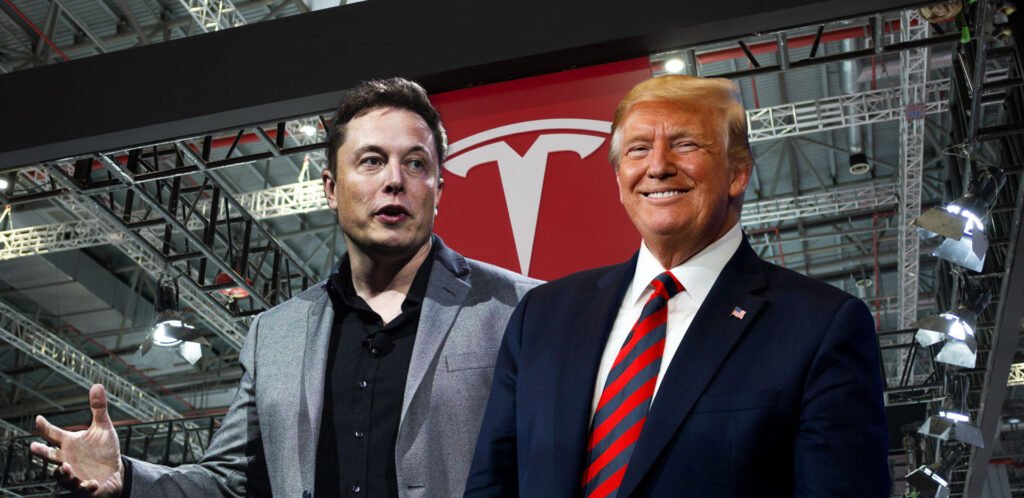
Tesla, despite having benefited from these subsidies, seems less concerned. Musk, during Tesla’s second-quarter earnings call, suggested that removing the credit could hurt competitors more than his company, stating, “Long term, [this] probably actually helps.”
Potential Implications for Legacy Automakers
Ford and GM, already trimming their EV ambitions amid slowing demand, stand to lose further ground if federal support wanes. Analysts warn this could hinder their ability to compete globally.
“Falling behind in EV development would leave U.S. automakers vulnerable as international competitors press forward with advanced battery technology and next-generation vehicles,” said Sam Fiorani, Vice President at AutoForecasting Solutions.
Joseph Shapiro, a professor of economics at UC Berkeley, underscored the significance of the tax credit, calling it “not trivial” in making EVs accessible to consumers.
Tariff Threats Loom Over Industry
Trump’s inclination to impose new tariffs could introduce further disruption. The president-elect has floated the idea of duties on cars and parts imported from Canada, Mexico, and Europe, which could disproportionately impact manufacturers reliant on global supply chains.
“Trump is obsessed with tariffs,” said Heidi Crebo-Rediker, a senior fellow at the Council on Foreign Relations. “Action could come as early as day one.”
Ford and GM, both with significant production footprints in Mexico, may face higher costs if such tariffs materialize. For example, Ford’s Mexican-made Maverick, Bronco Sport, and Mustang Mach-E have no immediate U.S.-based alternatives for production.

S&P Global estimates automakers could lose up to 17% of their annual core profits if tariffs on imported vehicles are enacted.
Supply Chain and Inventory Challenges Persist
Compounding these policy uncertainties are lingering supply chain challenges and inventory mismatches. Automakers like Stellantis, which produces Jeep and Dodge, have struggled to balance inventory levels amid fluctuating demand. The situation was further complicated in December when Stellantis’ CEO unexpectedly resigned, leaving the company’s leadership in transition.
High interest rates and rising sticker prices are also straining dealerships, making it harder for consumers to afford new vehicles.
The Industry’s Cautious Optimism
Despite the concerns, some industry leaders express hope that Trump’s approach may be more nuanced this time around. Ford Executive Chairman Bill Ford recently described a phone call with Trump, during which the president-elect appeared more knowledgeable about the industry than during his first term.
“He wants to be helpful,” Ford remarked, noting that Trump’s understanding of the complexities of the auto sector has “significantly improved.”
As the auto industry braces for potential shifts in policy and market conditions, stakeholders will closely watch the administration’s next steps. While the rollback of EV incentives and the imposition of tariffs could pose significant challenges, the long-term impact will hinge on whether automakers can adapt to shifting priorities and navigate the evolving landscape.
For now, the U.S. auto sector remains at a crossroads, balancing innovation with resilience in an era of uncertainty.
